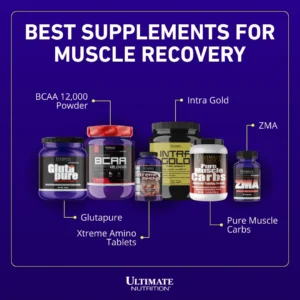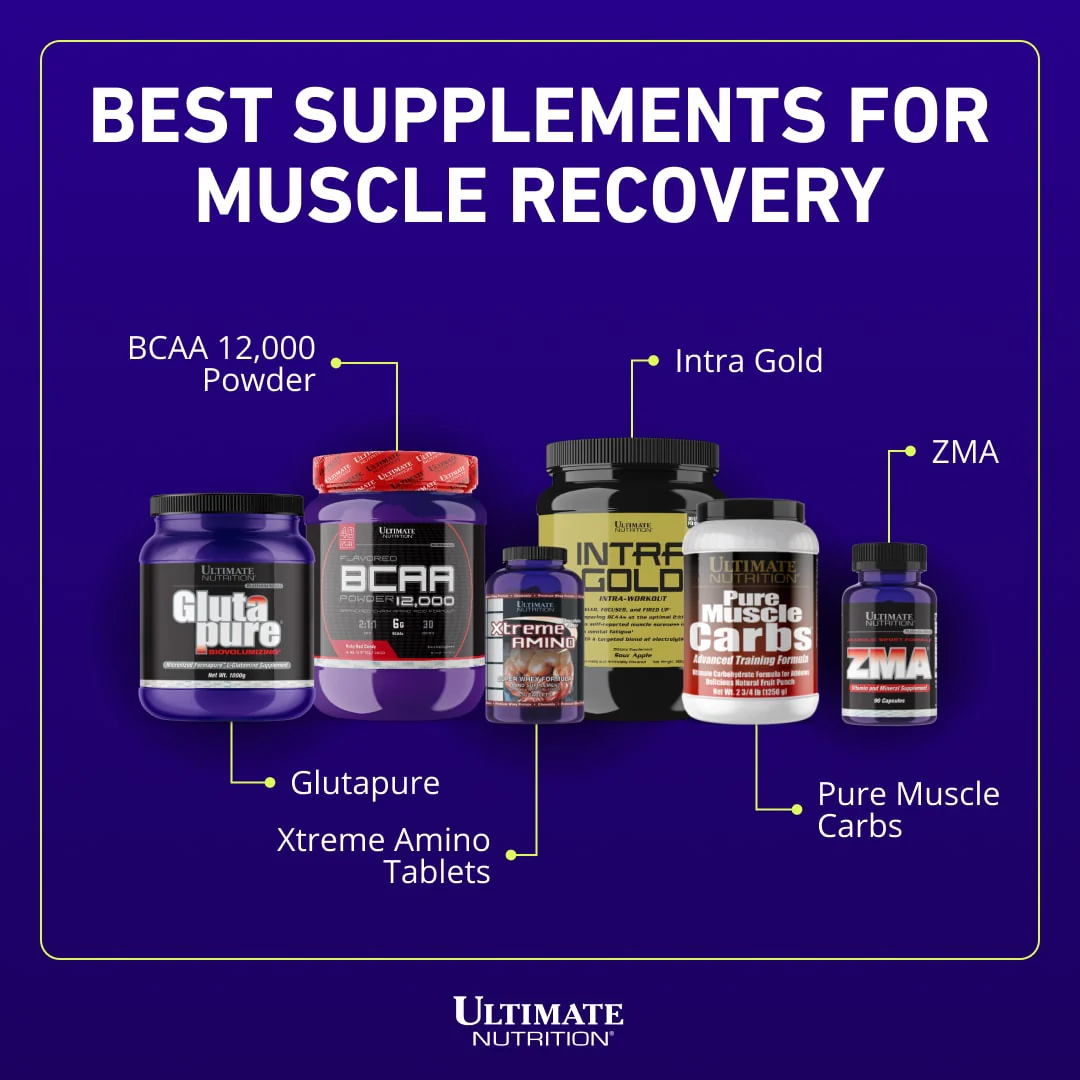Muscle recovery:-
After intense workout, your muscle need time to repair and rebuild. This recovery phase is where the magic happens. Your body adapts, becoming stronger and more resilient.

Tips to Maximize Muscle Recovery
To optimize your recuperation following exercise, the most crucial thing you can do is to have a generally healthy lifestyle. Lack of sleep and inadequate nourishment cannot be made up for by any healing technique.
Foods
Food consumption has a significant impact on both athletic performance and recuperation.
1. Protein post-workout
The proteins that comprise your muscle fibers are harmed during exercise. After working out, protein can assist provide your body with the building blocks it needs to heal the damaged muscles.
According to ResearchTrusted Source, in order to optimize muscle growth, one should consume around 1.6 grams (g) of protein per kilogram (kg) of body weight every day. For the development and maintenance of muscle mass, the International Society of Sports Nutrition recommends a wider range of 1.4–2.0 g protein/kgTrusted Source.
A high-protein meal or supplement taken before or after exercise can aid in muscle repair and be a practical means of meeting daily protein targets.
2. Protein pre-workout
Some people may discover that eating protein before working exercise speeds up muscle recovery and helps them meet their daily protein goals.
Although protein supplements before and after exercise will aid in muscle growth and repair, research indicates that total dietary protein intake is more significant than timing.
3. Carbohydrates post-workout
For energy, your muscles store carbs as glycogen. Glycogen serves as the body’s main energy source during intense anaerobic exercise and is a crucial fuel supply for all types of aerobic exercise.
After an exercise, consuming protein and carbs together can help replace glycogen levels, enhance muscle regeneration, and enhance performance. A person’s body composition and level of exercise will determine how many carbohydrates they need.
4. Eat an overall balanced diet
You may prevent nutrient deficits that could hinder your muscles’ capacity to recover by eating a generally healthy diet.
Generally speaking, this indicates:
- Reducing your intake of highly processed meals
- Consuming a lot of fruits and veggies
- Lean poultry, eggs, tofu, beans, and pulses are examples of healthful proteins.
- Heart-healthy fats found in avocados, nuts, seeds, and olive oil
Drinks
Drinking enough water is crucial for both exercise performance and recuperation.
5. Stay hydrated
Your muscles’ capacity to heal themselves may be hampered by dehydration. If you workout in hot or muggy conditions, you’re particularly vulnerable to dehydration. It is advised that people drink 1.5 liters (L) for every kilogram of body weight lost during exercise in order to prevent dehydration. For every pound lost, this is equivalent to about three glasses of fluid.
6. Cherry juice
Cherry juice is often consumed by athletes as part of a nutritious diet to lessen discomfort, inflammation, and muscle damage.
A survey of the literature for 2022 Cherry juice used in the days prior to exercise has been shown to promote muscle healing on multiple occasions, according to reliable sources. The best forms, dosages, and timings for dosages must be examined in future studies.
Supplements
A healthy diet in general can be supported by some supplements. Although entire food sources are frequently the most advantageous way to meet nutritional needs, folks can easily accomplish their objectives with the aid of powders, pills, and other supplements.
7. Creatine monohydrate
One of the supplements that has been researched the most is creatine. When paired with resistance exercise, it has been repeatedly shown to aid increase muscle strength.
Additionally, research indicates that Trusted Source creatine may aid in the recovery of athletes following rigorous exercise by lowering inflammation and muscle damage and assisting in the restoration of muscle glycogen stores.
8. Protein powder
One easy approach to increase your protein intake is by using protein powder. All of the essential amino acids are present in a wide variety of protein powders. Popular complete protein options include whey, soy, and casein protein powders.
Lifestyle
Exercise recovery is significantly influenced by a person’s general lifestyle choices in addition to their diet and level of hydration.
9. Sleep more
Your muscles need sleep to recuperate from physical activity. Intense exercisers require considerably more sleep than the typical individual. It is said that some professional sportsmen get ten hours or more of sleep every night.
Lack of sleep has been linked to poor muscle recovery by affecting the body’s inflammatory response and hormone production that promotes muscular growth, according to research.
10. Massage
In order to lessen muscle discomfort, many athletes include massage in their training.
A review of investigations conducted in 2020 According to a reliable source, massage significantly reduces delayed onset muscle pain following exercise and increases flexibility.
11. Compression garments
Over the past few decades, compression clothing has been popular among athletes.
Few research have examined how well they work to hasten the healing process after exercise. However, a small 2019 research According to Trusted Source, they reduced the amount of time German handball players needed to recuperate their body muscles.
For 96 hours, the athletes in the study alternated between wearing the clothes for 12 hours at a time and taking 12-hour breaks.
12. Cryotherapy
The process of subjecting your body to extremely low temperatures for a short period of time is known as cryotherapy.
According to research, it may hasten recovery by lowering post-intense activity muscle fatigue, soreness, and inflammation.
Things for avoid
Recovery can be aided by many factors, but it can also be hampered by others.
13. Alcohol
In addition to having little nutritional benefit, drinking alcohol can raise blood pressure and reduce the length and quality of your sleep, among other negative health effects.
Regular alcohol use may also raise the long-term danger of muscle loss and impair the rehabilitation of muscles (Trusted Source).
14. Tobacco
The effects of tobacco use on the musculoskeletal system are detrimental.
There is some evidence linking smoking to an increased risk of muscular injury, notwithstanding the paucity of research on the effects of tobacco on muscle rehabilitation.
In addition, there is a higher chance of bone fracture and joint disease development when smoking tobacco.


Leave a Reply